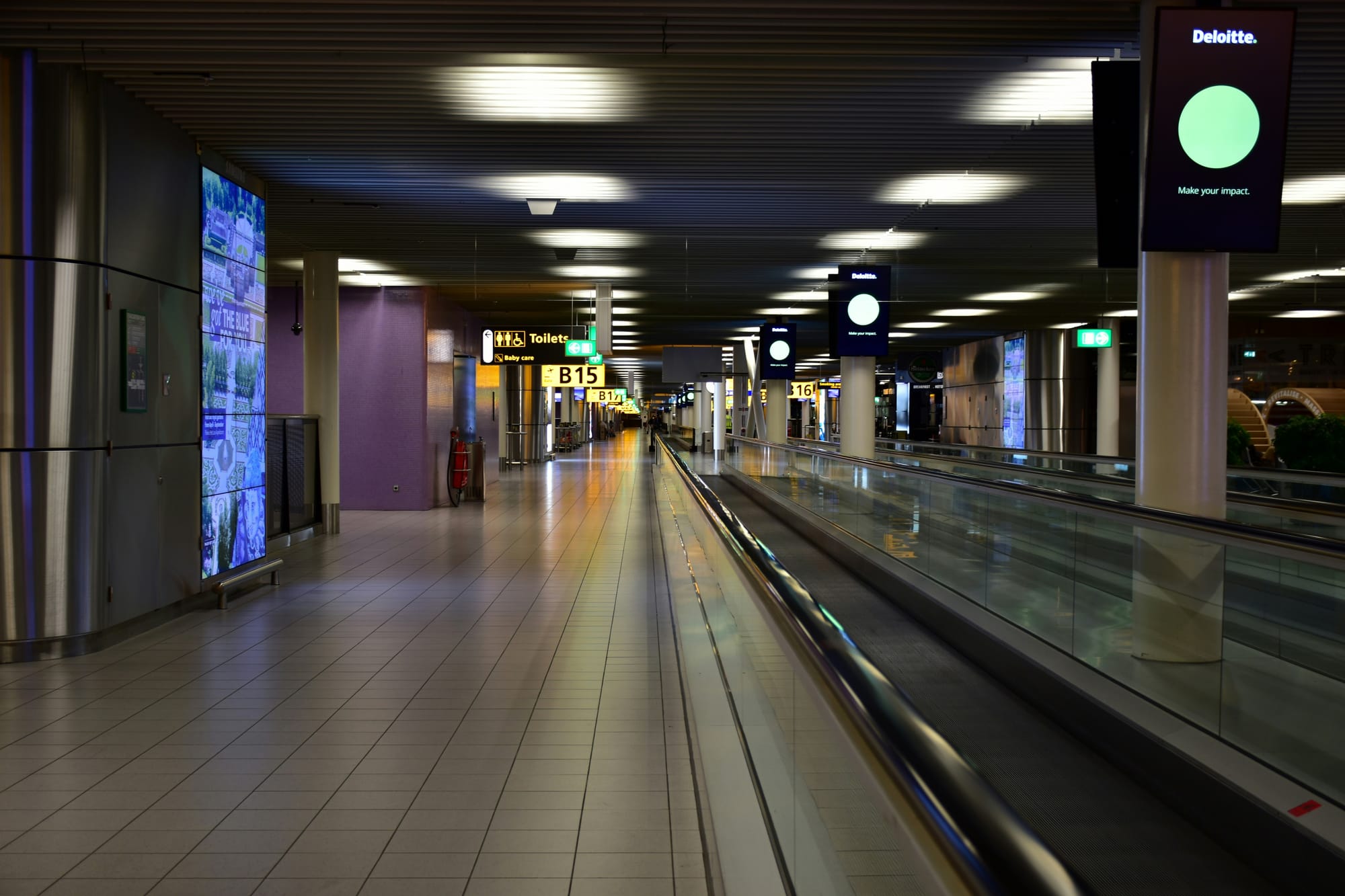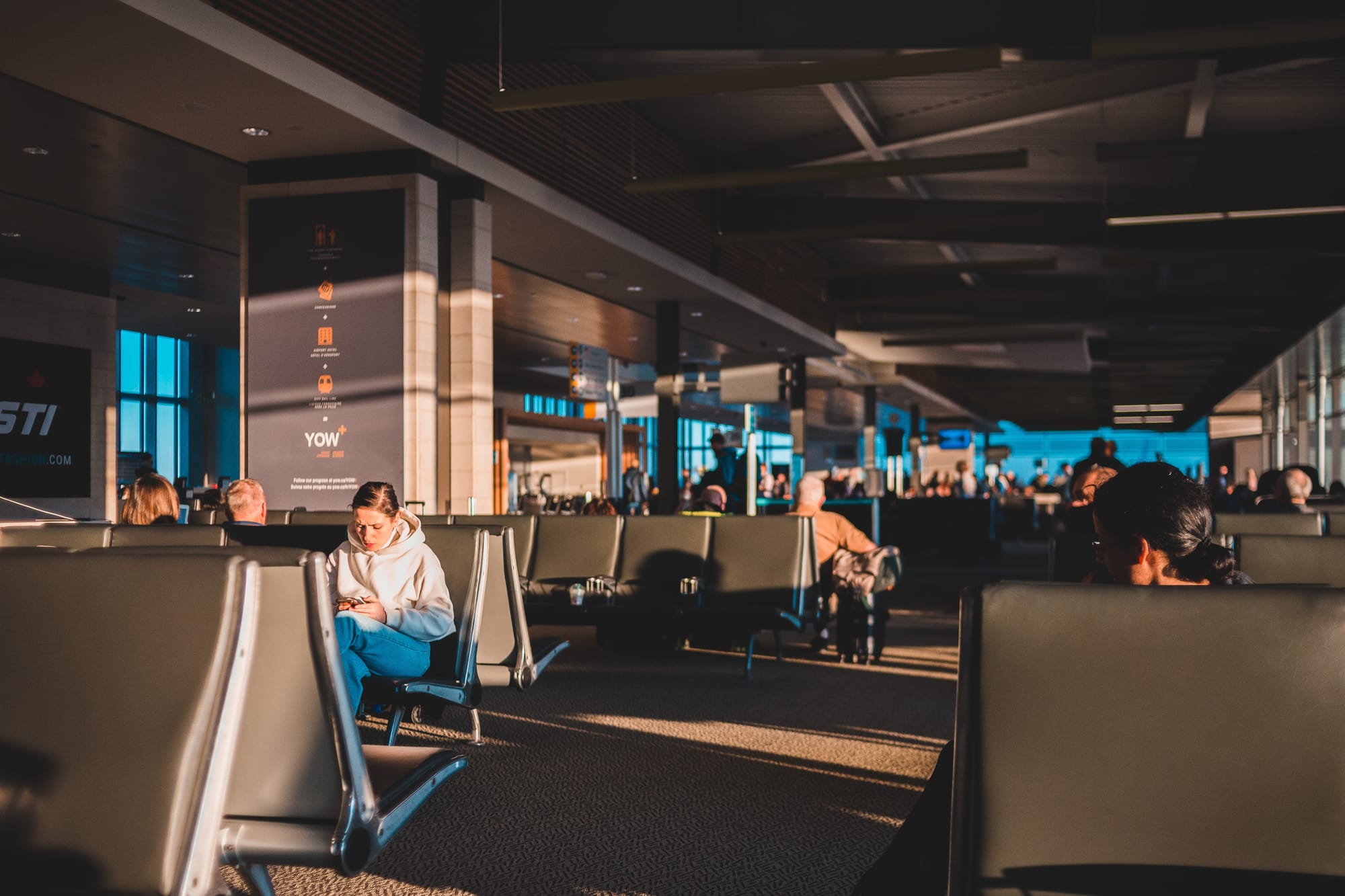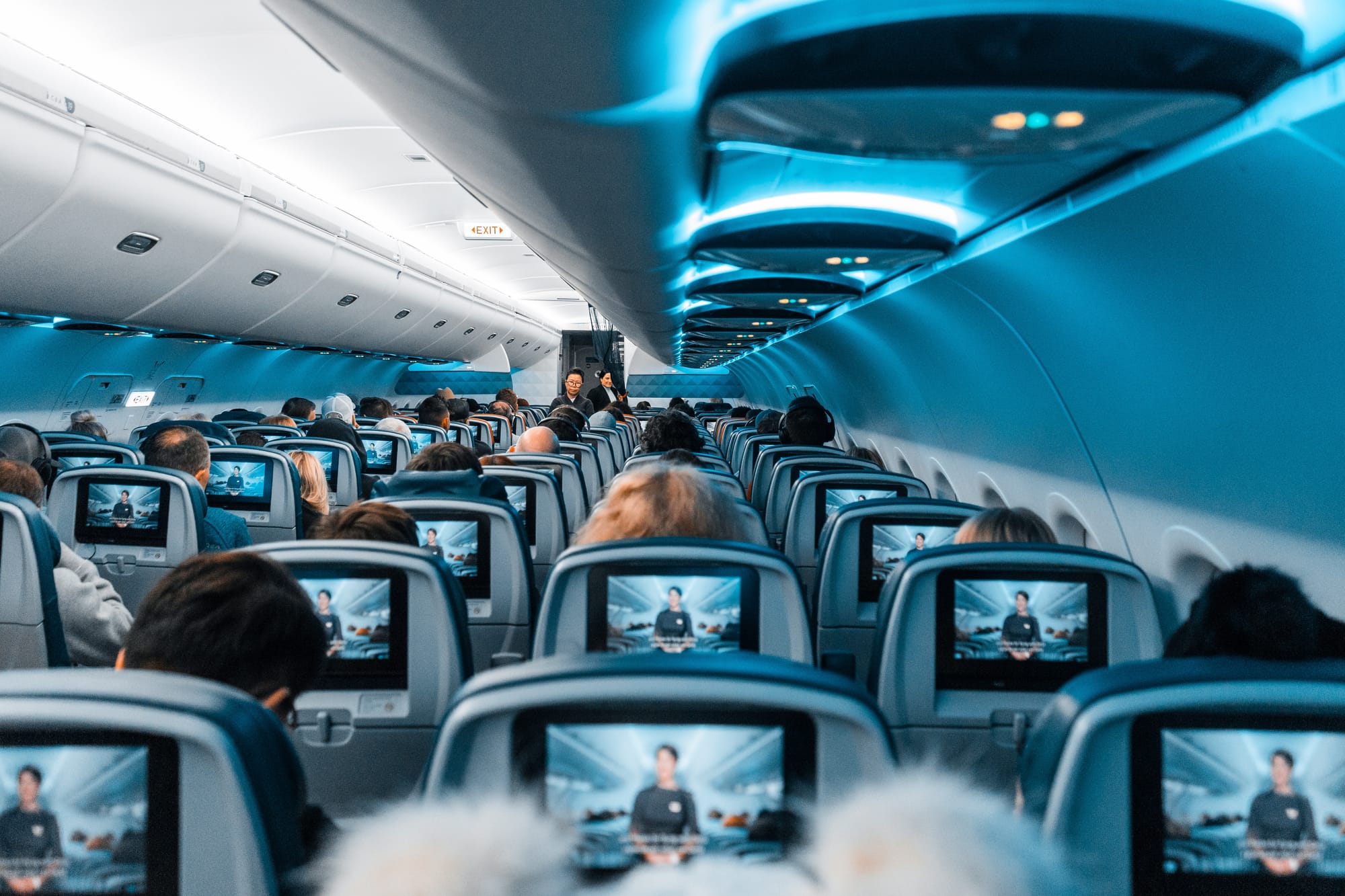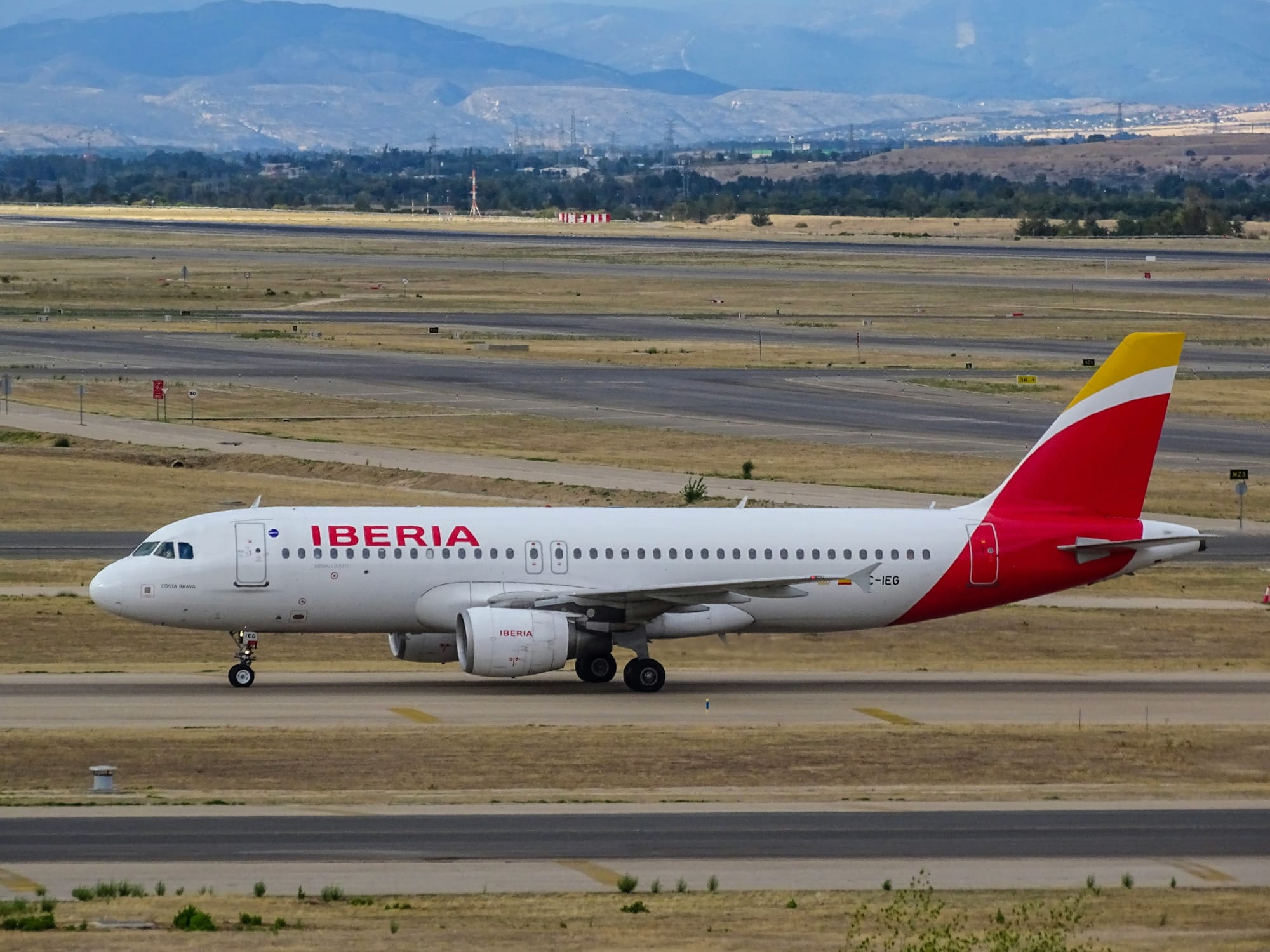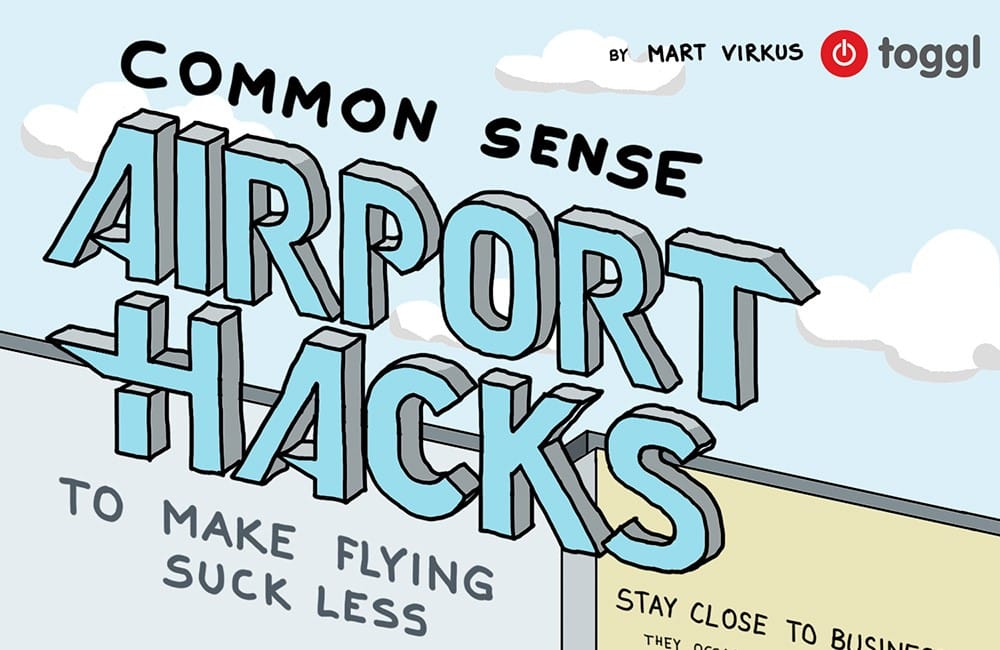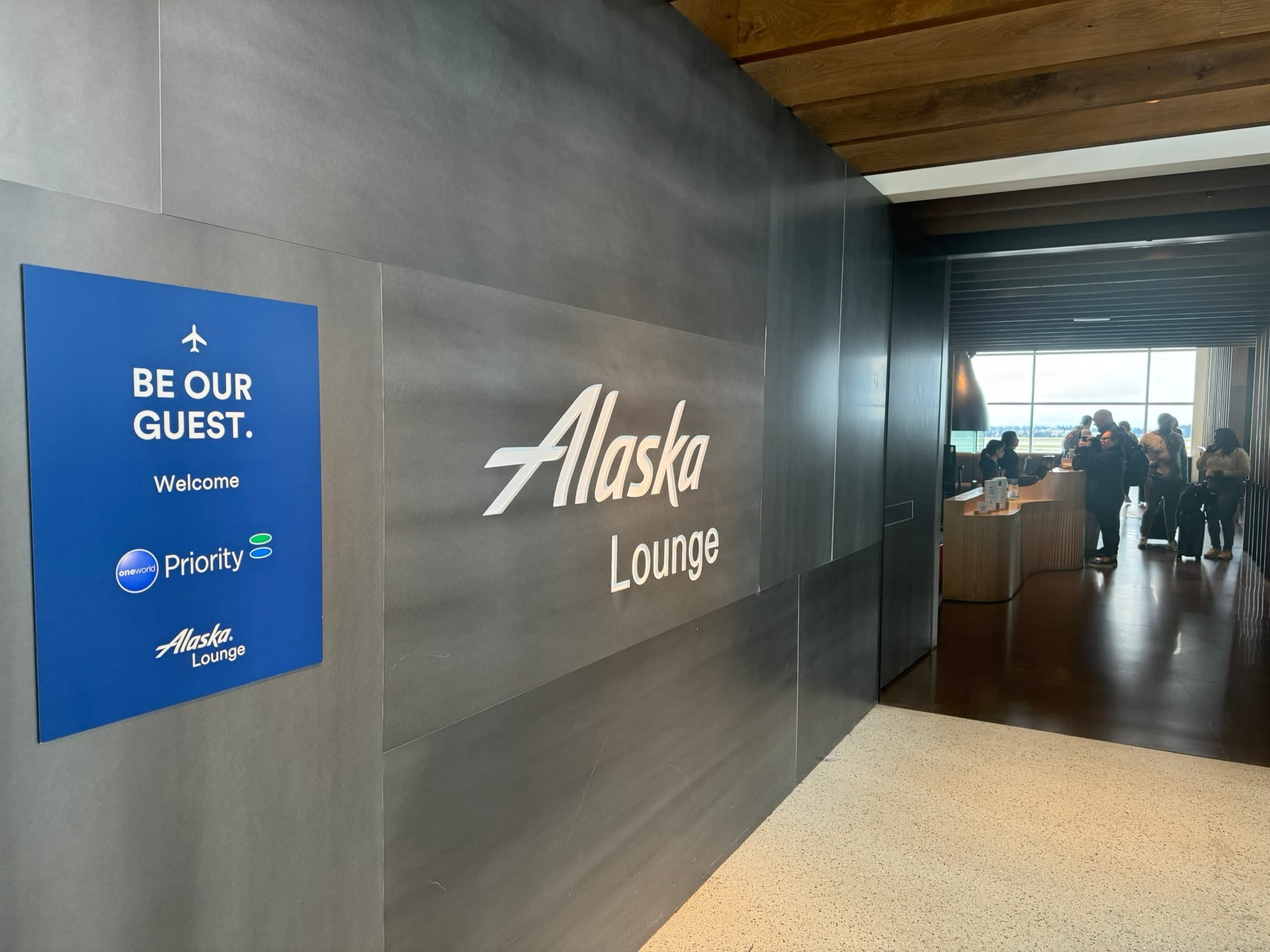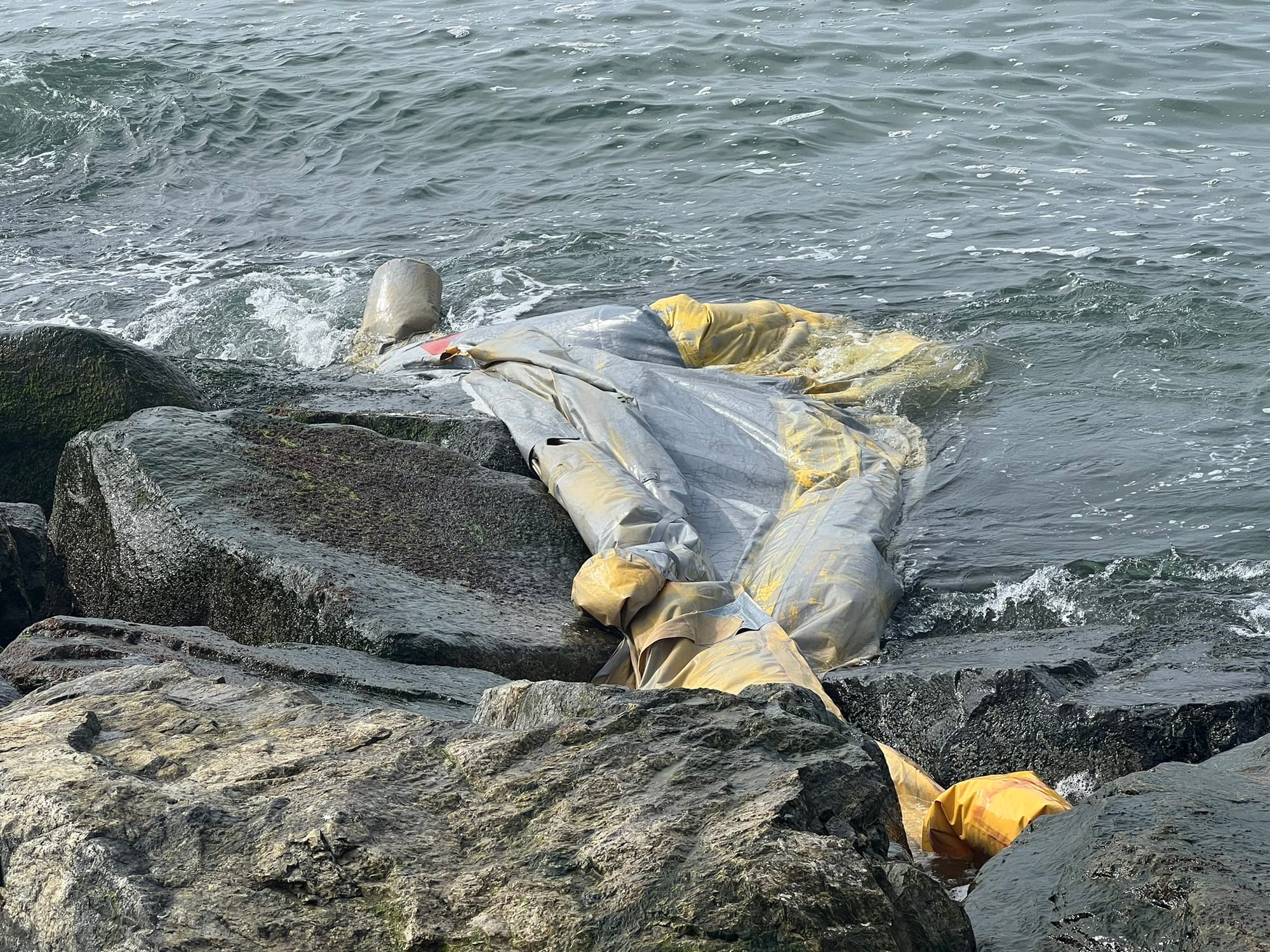In a misguided attempt to address operational issues and noise concerns, lawmakers in the Netherlands have proposed capping the number of flights at Amsterdam Schiphol Airport. This decision, if implemented, would have severe consequences for the airport, airlines, and the Dutch economy as a whole. While I'm thankful that the Netherlands has agreed not to follow through with plans to cap the number of flights at Schiphol, that's not to say they'll try it again.
While I believe that we should meter and adjust flight schedules to not overwhelm the airport, we shouldn't rely on laws and lawmakers to be the final say in how an airport caps flights. While the Dutch economy has boomed thanks to how connected the country is to the world, I believe lawmakers are taking this for granted by taking aim at airports and flight restrictions.
Why Capping Flights Hurts Business
Capping flights to Amsterdam Schiphol would significantly reduce the airport's capacity, limiting its ability to serve as a key hub for international travel. This would lead to a loss of revenue for the airport, airlines, and businesses that rely on the airport for their operations. Airlines like JetBlue, which one could admit brings a new sector of air traveler to the country, would be kicked out of the airport. And airlines like KLM, which is the Amsterdam home town airline, and Delta, one of the next biggest airline partners at the airport, would see their slots reduced.
Amsterdam not only is a final destination for many passengers but a connection point to greater Europe. If capped and restricted the airport may lose its leadership position as a main connecting point in Europe and may pave the way for other airlines and countries to strength and take business away from Amsterdam.
Who knows what true economic impact it would have but a reduction of flights means a less busy airport, means less revenue, means a possible reduction of jobs.
Impact on Airlines

Airlines like KLM and Delta have major operations at Amsterdam Schiphol Airport. A flight cap would force these airlines to reduce their schedules, meaning fewer flights, less revenue, and potentially job losses. KLM, for instance, operates over 300 daily flights from Schiphol, connecting passengers to destinations around the world. A flight cap would significantly disrupt KLM's operations and could lead to the loss of thousands of jobs.
Economic Consequences
Amsterdam Schiphol Airport is a vital economic driver for the Netherlands, directly employing over 67,000 people and indirectly supporting hundreds of thousands more jobs. The airport contributes significantly to the country's GDP and serves as a gateway for international business and tourism. Capping flights would jeopardize these economic benefits and could lead to a loss of revenue for businesses that rely on the airport.
Additionally one of KLM's major airline partners Delta, would see a reduction of flight schedules to them as well. The economic impact would be devastation not only to passengers but all the cargo that fly in and out of the airport. Most people wouldn't realize that not only is Amsterdam a major connection hub for passengers but air freight. Airlines haul in tens of thousands of pounds of cargo per fight, and dedicated cargo airlines like Martinair are based at Amsterdam and may see cargo reductions as a result.
Alternative Solutions

Instead of capping flights, lawmakers should focus on addressing the root causes of the operational issues at Amsterdam Schiphol Airport. This includes improving staffing levels, streamlining security procedures, and investing in infrastructure upgrades. They should be working with airlines to tailor their schedules to come more inline with demand and capacity limitations. Bureaucracy works slow, and in the fast paced world of the airlines having to wait for law markers to change capacity or react to the real world would make the airline run even more inefficient and only hurt the airline more.
Airlines' Responsibility
Airlines also have a responsibility to ensure that airports are not overcrowded and that they can bounce back quickly from major weather events or disruptions. This includes better planning and scheduling of flights, as well as investing in technologies that can help to manage passenger flow and reduce delays. Instead of hard caps and restrictions handed down from the government I would propose a partnership with all the airlines, the airport, and government officials. A collaborative working group could better react to changes in demand, and find solutions for everyone involved.
Having just government input may not fully be the right solution, but having voices all around the table may provide better in finding a common solution to a very busy airport.
Final Thoughts
While capping flights to Amsterdam Schiphol is a short-sighted solution that would have far-reaching negative consequences. Lawmakers should instead focus on addressing the root causes of the operational issues at the airport and work with airlines to develop sustainable solutions that will benefit all stakeholders.

